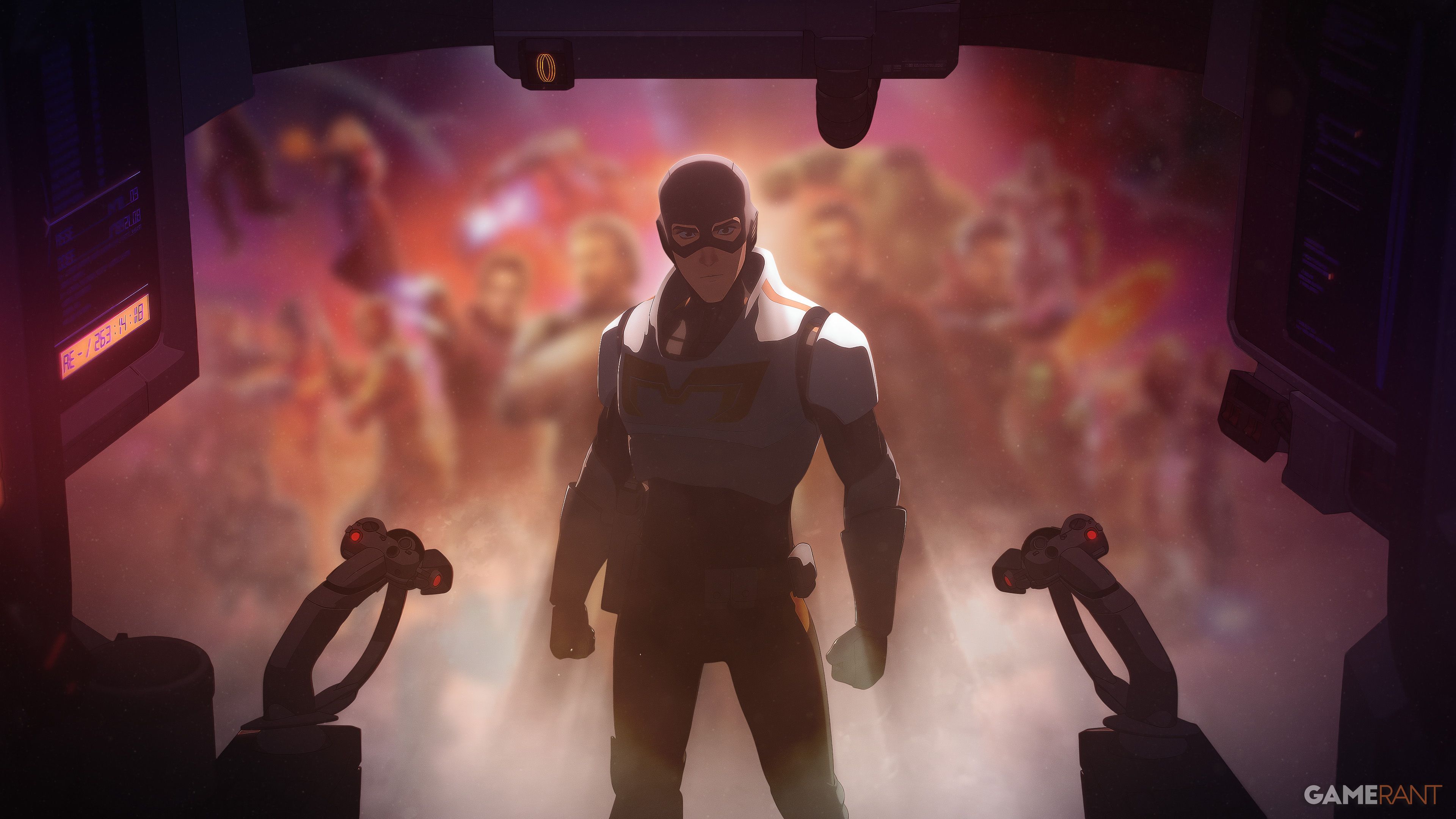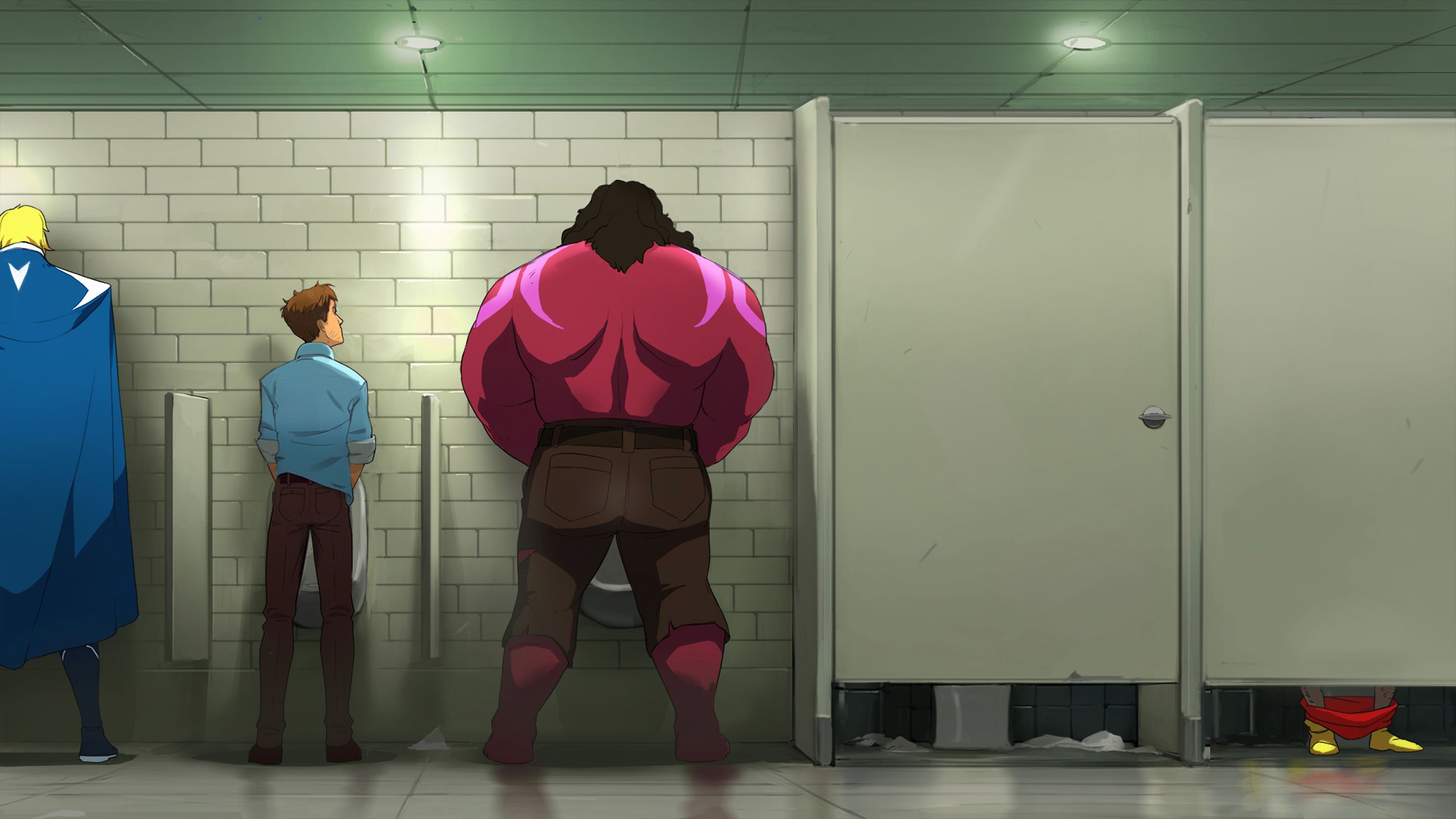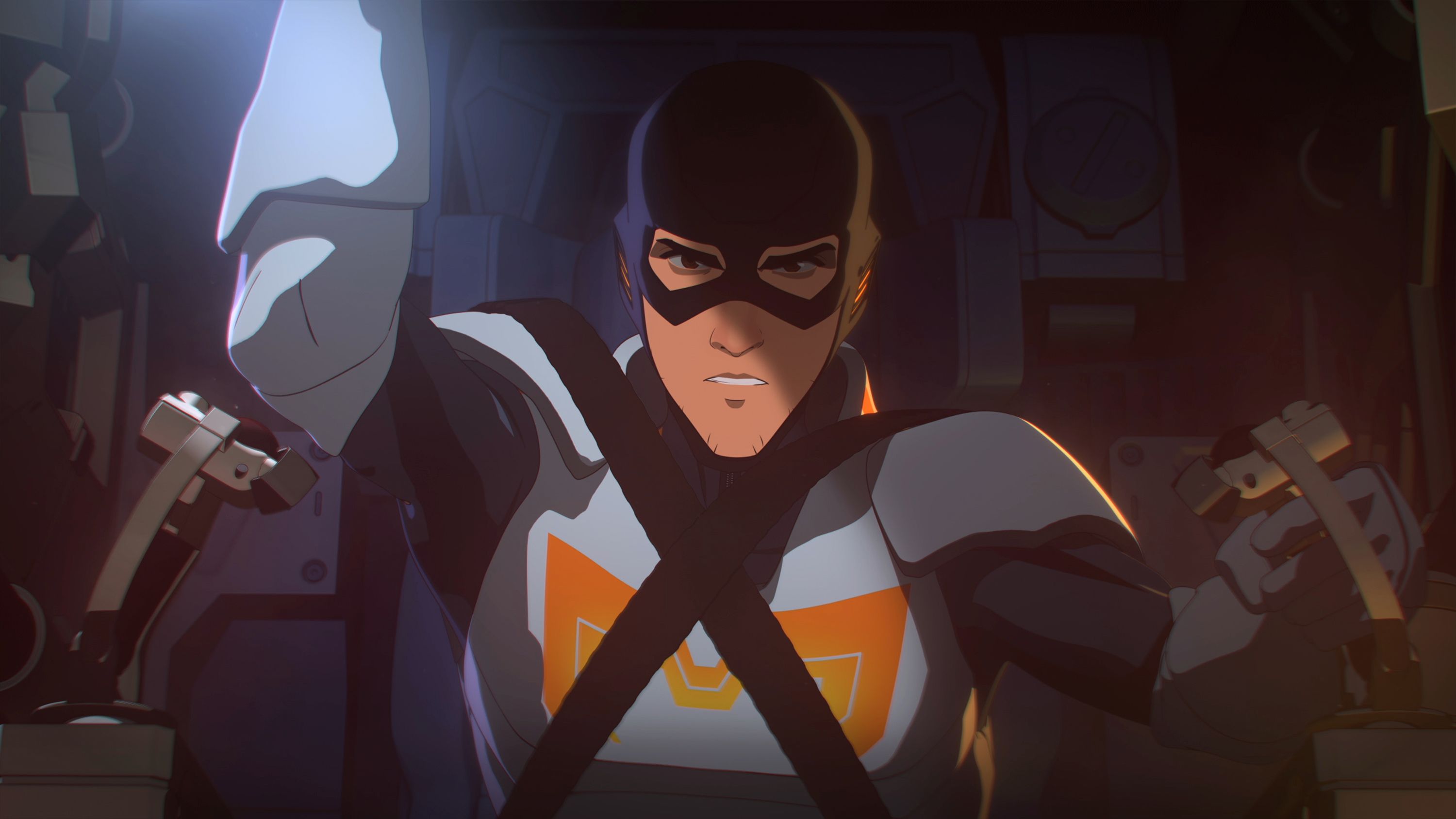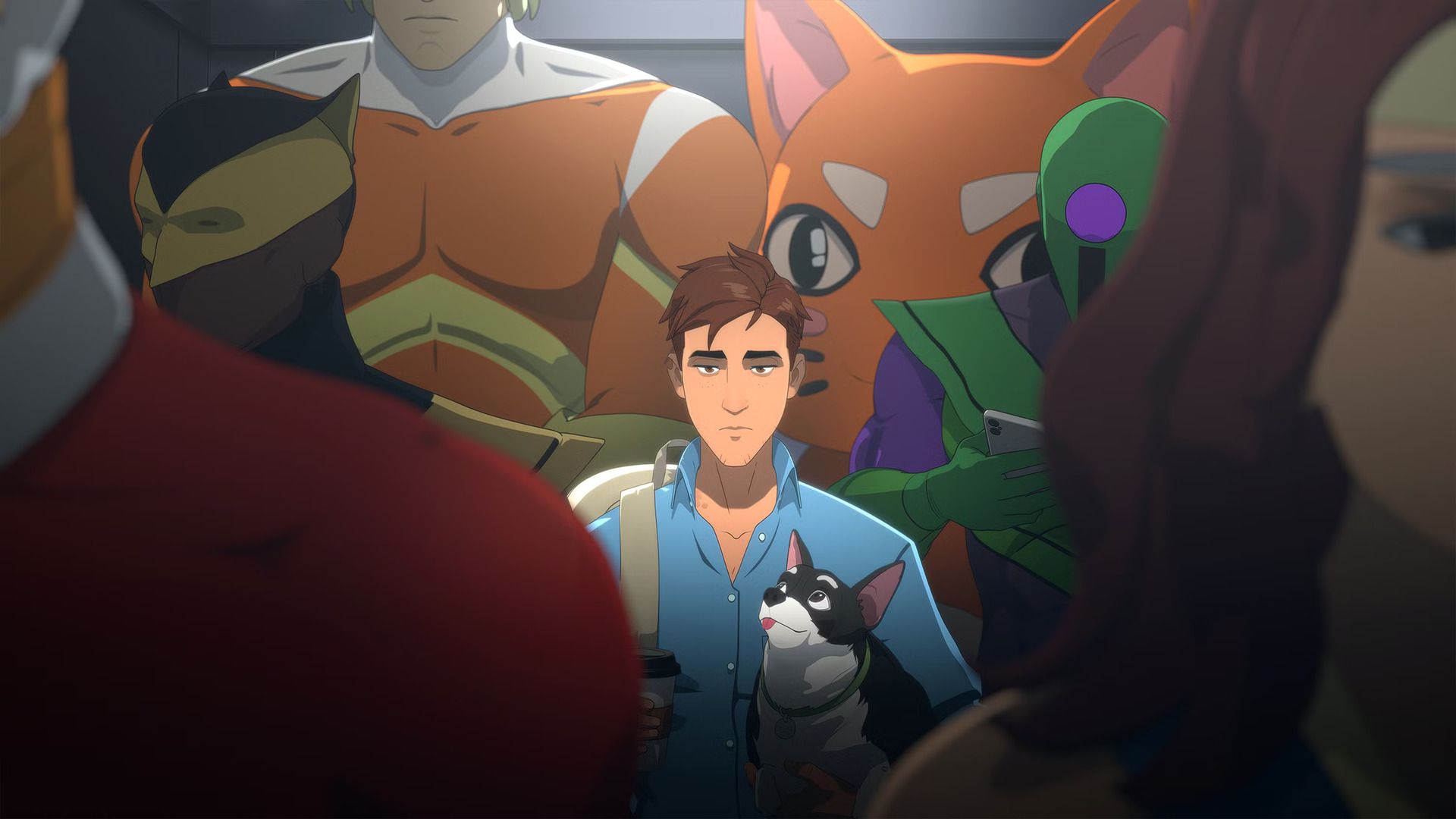
The following contains spoilers for Dispatch.
The choose-your-own adventure game Dispatch from AdHoc Studio comes at a time when superhero stories feel a bit stale. Superheroes are increasingly powerful and focused on spectacular feats, making it hard for audiences to truly connect with them. While fun to watch, these characters often feel distant and unrelatable, and that distance has been growing. This creates a great opportunity for Dispatch to offer something different.
Most modern superheroes deal with incredibly huge problems – like saving the universe from major threats. Even when they face personal loss, they usually have superpowers or wealth to help them cope, which isn’t realistic for most people. That’s why Robert Robertson, known as “Mecha Man” in Dispatch, is so refreshing. He focuses on the everyday struggles of being a hero, a contrast to the world-saving heroes often seen in movies.
Dispatch’s Mecha Man Is What True Heroes Are Made Of

The Importance of Being Average
Robert Robertson, known as Mecha Man, was similar to heroes like Batman or Iron Man – he didn’t have natural superpowers, but relied on wealth to fund his abilities. However, by the start of the story, Robert had already spent most of his family inheritance – passed down from his father and grandfather, both Mecha Man – on maintaining his suit. Things get worse when his suit is destroyed, and with no money left to fix it, he’s forced to take a job at the Superhero Dispatch Network, working as a dispatcher for a chaotic group of supervillains.
Robert finds himself stuck in a mundane routine, working a regular 9-to-5 job with no clear end in sight. He still hopes to one day fix his Mecha Man suit and return to being a superhero. While working as a dispatcher for SDN, he repeatedly tries to fight crime without his suit, but these attempts usually leave him hurt and defeated. Essentially, he’s struggling to accept his new, ordinary life, especially because he still wants to help people.

As time went on, Robert fully embraced his job as a dispatcher, and it began to transform him in ways his superhero suit never could. He started to connect with his colleagues, learned to lead effectively without relying on his powers, and realized that real heroism often happens in everyday, unglamorous situations. Ultimately, Robert became something of a rarity in the world of modern superheroes.
Working With the Unworkable
Much of Robert’s change comes from the team he now works with. The Z-Team, a group of reformed villains trying to turn their lives around, are as chaotic as you’d imagine. They argue, often disobey orders, and generally make Robert’s job much more difficult. However, working with them also gives him a new perspective on the people he previously saw as enemies. He’s forced to learn patience and truly listen, figuring out how to lead a team that isn’t always cooperative – a skill most superheroes don’t need.

Even though Dispatch is a comedy set in a superhero office, it cleverly subverts common superhero themes. Unlike most modern superheroes who seem detached from everyday problems, Robert is grounded in reality and deals with real-life struggles. He’s lost the ability to simply throw money at his problems and must face them directly. Dispatch portrays Robert’s journey as a demonstration that true heroism comes from making difficult choices, working hard, and persevering through challenges—proving that heroes don’t always need superpowers.
Read More
- One Piece: Oda Confirms The Next Strongest Pirate In History After Joy Boy And Davy Jones
- Sword Slasher Loot Codes for Roblox
- The Winter Floating Festival Event Puzzles In DDV
- Faith Incremental Roblox Codes
- Toby Fox Comments on Deltarune Chapter 5 Release Date
- Japan’s 10 Best Manga Series of 2025, Ranked
- Non-RPG Open-World Games That Feel Like RPGs
- Insider Gaming’s Game of the Year 2025
- Jujutsu Kaisen: Yuta and Maki’s Ending, Explained
- ETH PREDICTION. ETH cryptocurrency
2025-11-19 04:04